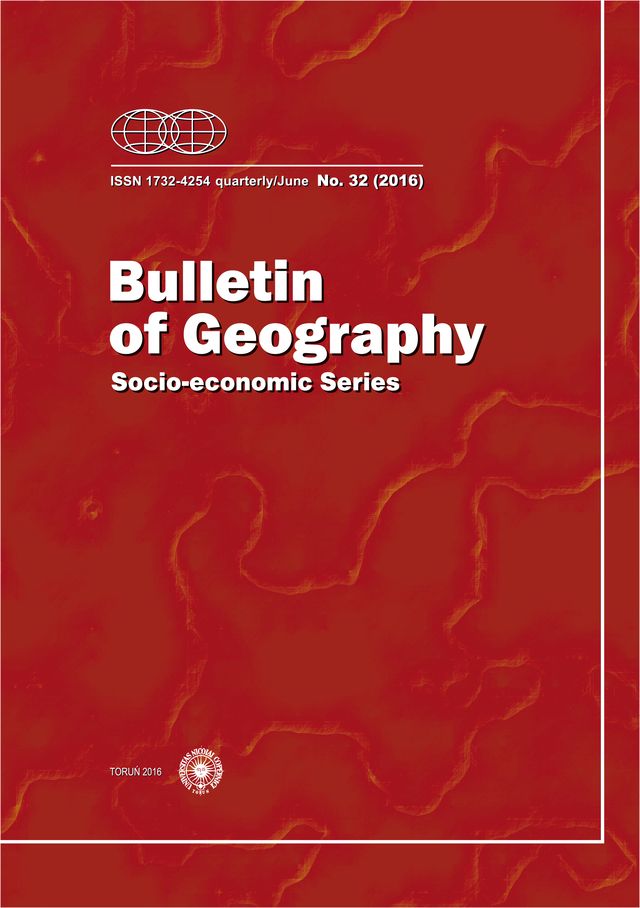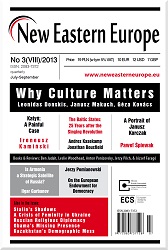
Seasonal mortality patterns and regional contrasts in Portugal
Seasonal mortality patterns and regional contrasts in Portugal
Keywords: winter mortality; seasonal mortality; respiratory diseases; circulatory diseases; Portugal
The main aim of this study is to identify the geographical seasonal mortality patterns in Portugal and, for the first time, to assess the relationship between seasonal and overall mortality. Monthly data from the Portuguese mortality database (2000-2009) by major cause of death were analysed and standardized to 30 days with adjustments for leap years. The chi-square goodness-of-fit test was used to compare the observed monthly deaths with deaths that could be expected if mortality were randomly distributed throughout the year. The seasonal burden was measured using the excess winter deaths (EWD) rate and the seasonal impact of winter on mortality was assessed through the EWD Index. The regions were clustered according to the overall mortality rate and the seasonal impact: 1-low seasonality and high values of overall mortality; 2-high seasonality and high values of overall mortality; 3-low values of seasonality and low overall mortality; 4-high seasonality and low overall mortality. Significant seasonal mortality increases were found in all causes of death. There were 86,000 EWDs, mostly through circulatory and respiratory diseases. 73% of the population lives in regions with high winter vulnerability to respiratory mortality and 60% in regions with high winter vulnerability to circulatory mortality. This study reinforces the idea that vulnerability to cold weather may play an important role in the public health in Portugal. This knowledge may be used to construct a set of regulations or policies designed to implement better health planning procedures and more effective warning systems.
More...
